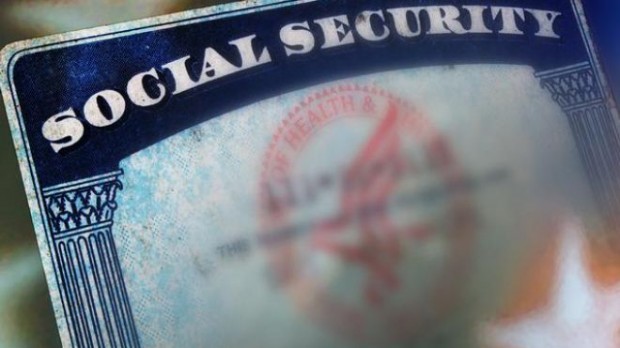Is Social Security Racist?

Obviously, Social Security isn’t racist. But the reality of how the program works definitely puts minority groups, and younger Americans, at a disadvantage.
“Social Security redistributes from Hispanics, blacks, and other people of color to whites,” reads a study from the left-leaning Urban Institute. Many may find that shocking, but the numbers don’t lie:
…whites have clearly received a disproportionate share of benefits relative to the taxes that they pay in at a point in time. Their benefit-to-tax ratio has been higher than that of blacks, Hispanics, and other ethnic groups for as long as the system has existed, while projections continue that trend at least for decades to come.
Why is this happening? “On average, blacks are more likely to be low income and short lived and are less likely to marry than whites,” the study explains, but that’s just one minority group. Hispanics actually have a much longer life expectancy than both whites and blacks, and while their marriage rates are below the national average, they’re not dramatically below.
It’s likely the income disparities. Blacks, Hispanics and other racial minorities have below average incomes. Social Security is set up as a universal entitlement. A wealth redistribution mechanism, from the working to the retirement-aged, that isn’t based on actual need.
Also bad is the fact Social Security becomes less and less of a good deal for Americans with each passing generation. From the study:
Recent studies have also documented how different generations are treated within Social Security, with succeeding generations achieving successively lower “returns” on their contributions.
Many of the apologists for Social Security argue that the program can be “fixed” with just a few tweaks. Like increasing the amount paid into the program, and decreasing the amount the program pays out by doing things like raising the retirement age.
But those things contribute to the trend described above. Those tweaks would take more from Americans while paying back less. Not only is that a bad deal for younger Americans but it’s an increasingly bad deal for minorities.




